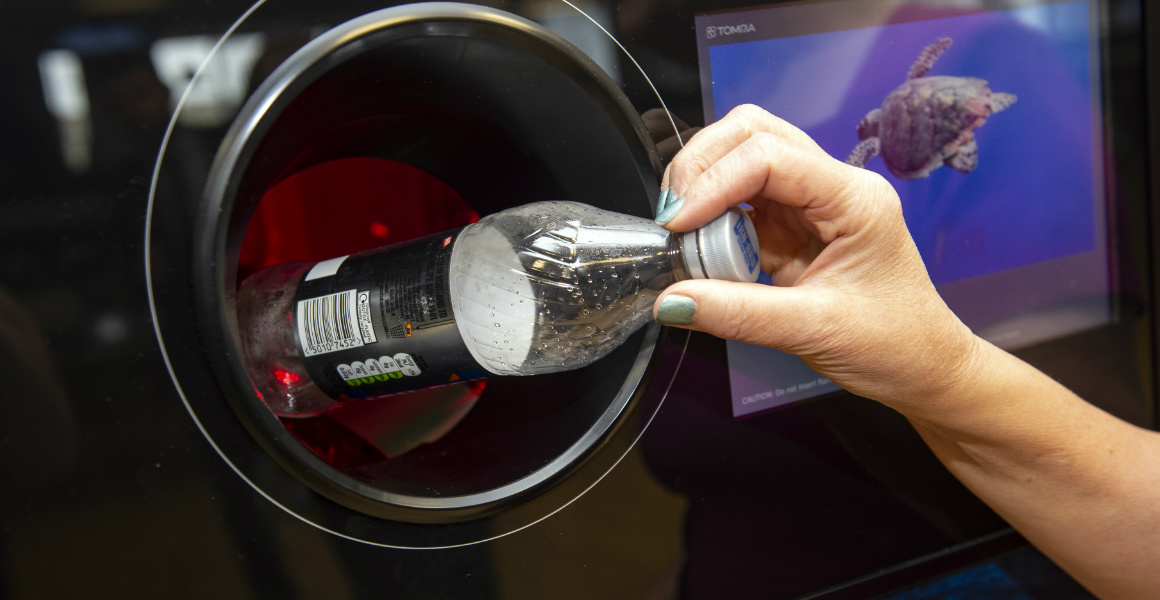The Scottish Government has outlined four potential deposit return scheme versions as part of its public consultation on the issue.
The recently-launched consultation means Scottish retailers can have their say on the plans.
It asks for views on areas critical to making the scheme work for stores including what types of materials should be included, what locations should be used by consumers to return bottles, who pays for the scheme and deposit values.
The four models are outlined below, though Zero Waste Scotland – commissioned by the Scottish Government to design a DRS for Scotland – recently told Retail Express that "all options are still on the table".
Option 1
Collection points would be based in public places similar to bottle banks. Retailers would not have to take back bottles or process deposits. It would be run by a non-profit organisation, funded by the bottle deposit themselves. It is predicted to be the least successful in increasing recycling but would “minimise the impact on retailers”. The deposit would be 20p per unit and include plastic, glass and metal.
Option 2
This is similar to option 1, but would also see some shops forced to have deposit return points if there isn’t a recycling point nearby. It would include coffee cups and milk cartons as well as cans, glass and plastic bottles. “Shops that sell a high amount of drinks in disposable containers would need to make sure there was a place to get the deposit back within a set distance” says the report. This is predicted to lead to a higher recycling rate than option 1 due to there being more collection points. The deposit would be 20p per unit.
Option 3
Customers would be able to return drinks containers back to any retailer that sells drinks in disposable containers, even if it isn’t the point of purchase. It predicts that smaller retailers would have to process deposits manually over the counter. The burden would be on the drinks industry and retailers to create an organisation to run the scheme. The government claims this model delivers the highest recycling rate of any option, but also the highest impact on retailers. It claims that a “handling fee” paid to retailers would compensate for this impact. The deposit would be 10p per unit.
Option 4
This is similar to option 3 but with a wider range of containers included. It would also include a public body running the scheme in collaboration with retailers and the drinks industry. It would include aluminium and steel cans, drinks cartons, glass bottles and some single use cups like coffee cups. The Scottish government describes this as: “A uniquely ambitious system for Scotland as nowhere else in the world collects this range of material via a deposit return scheme.” The Scottish government admits that it may not even be possible to recycle some of the types of container it would be collecting with this model. The deposit would be 20p.
Read more: Scottish MSP says DRS is a "win-win" for retailers



Comments
This article doesn't have any comments yet, be the first!